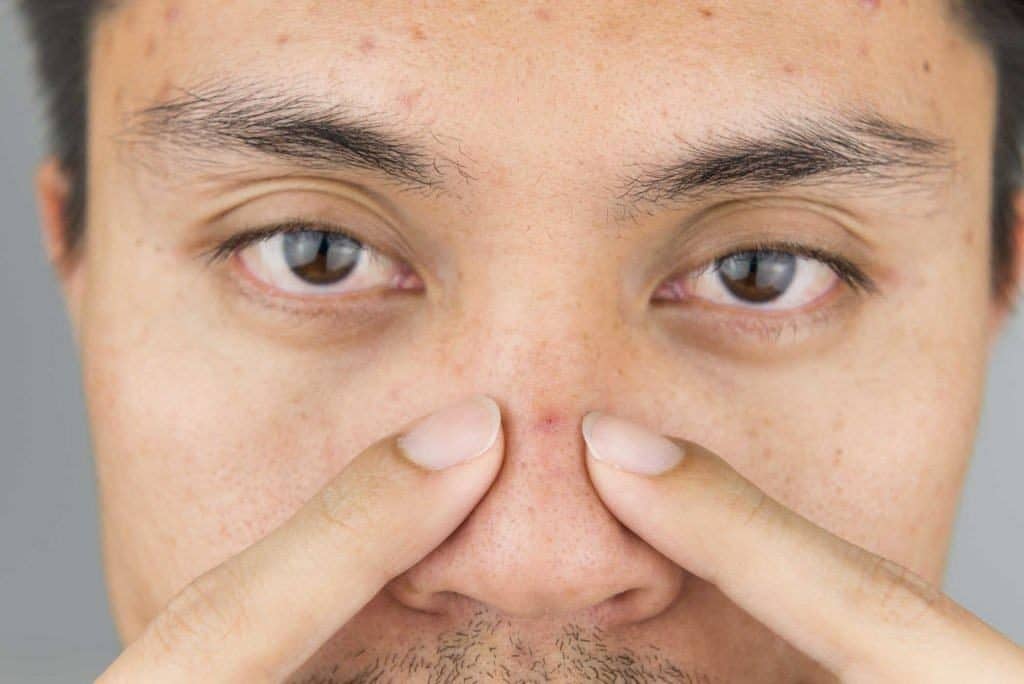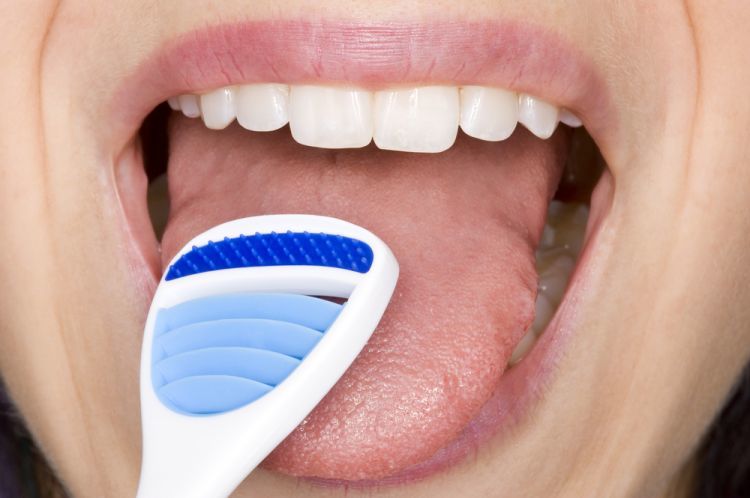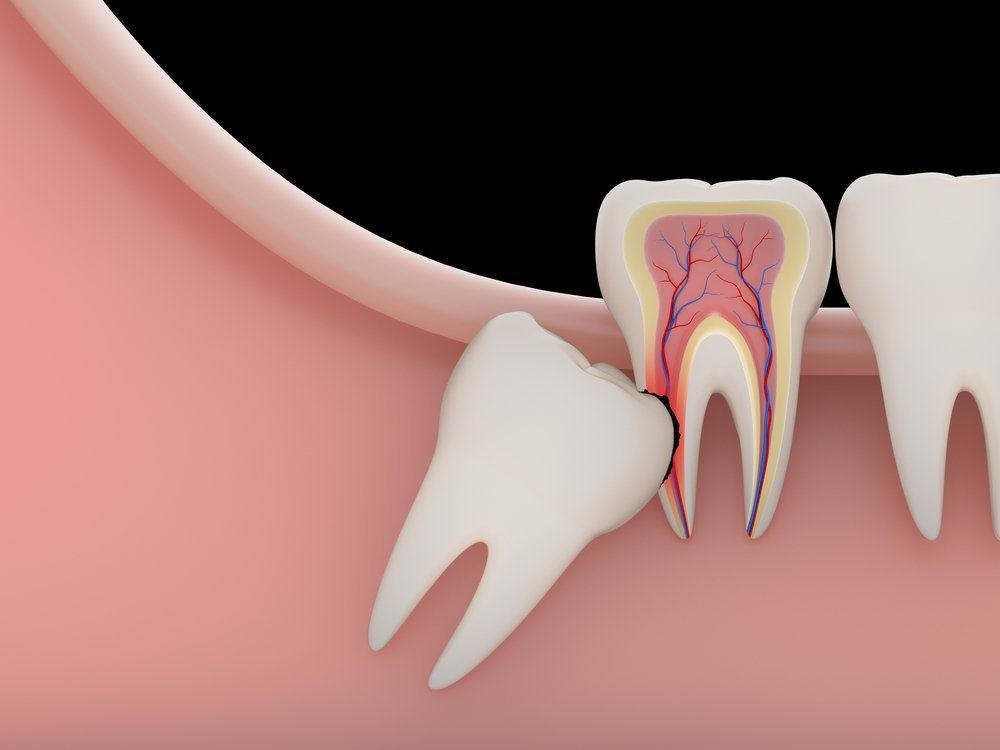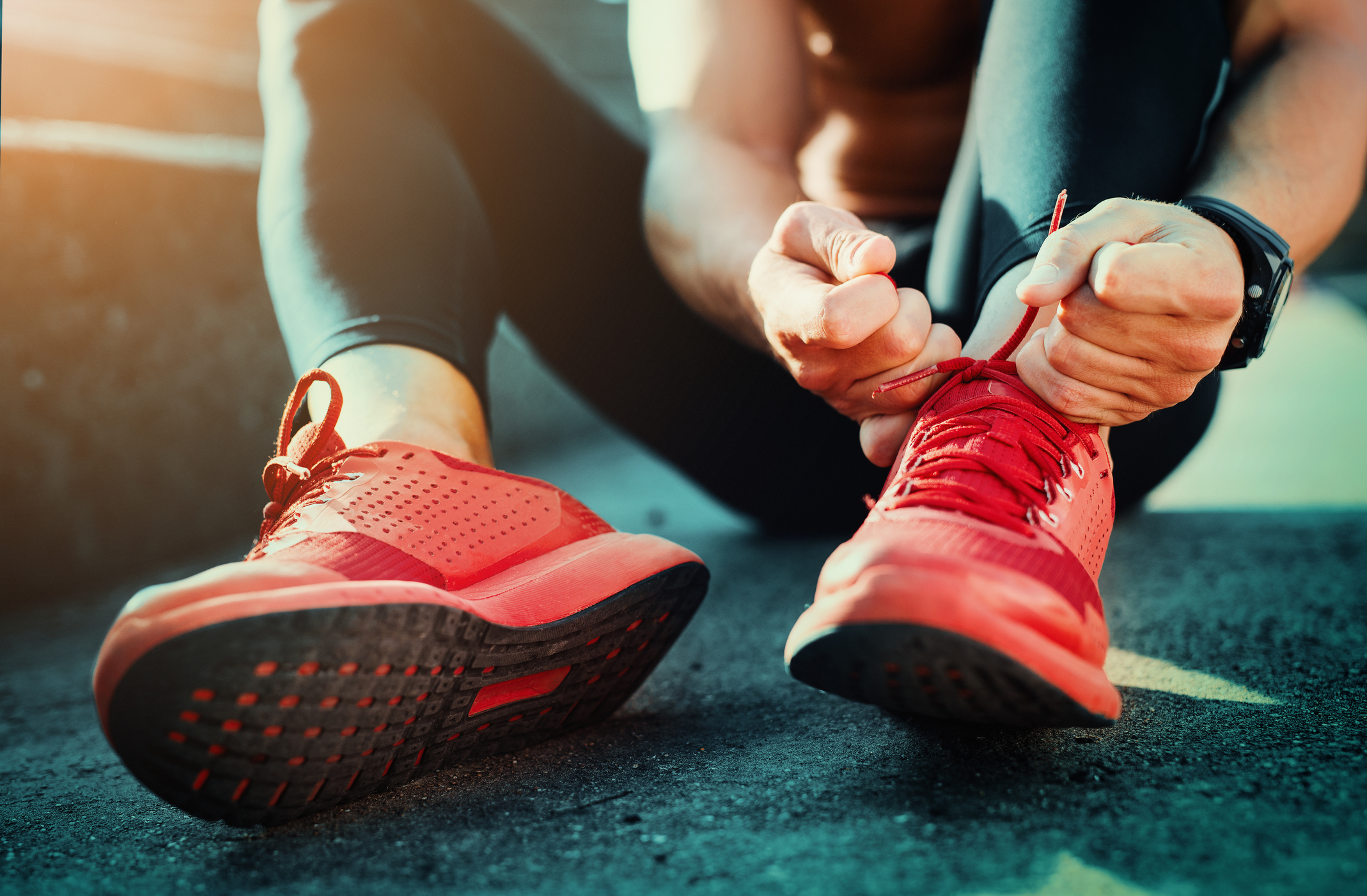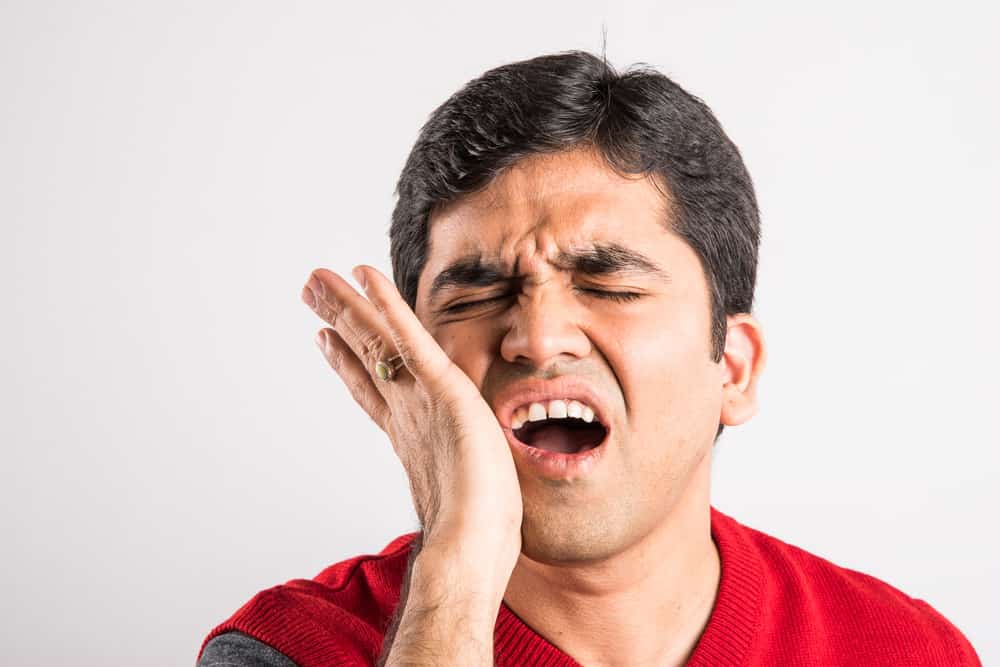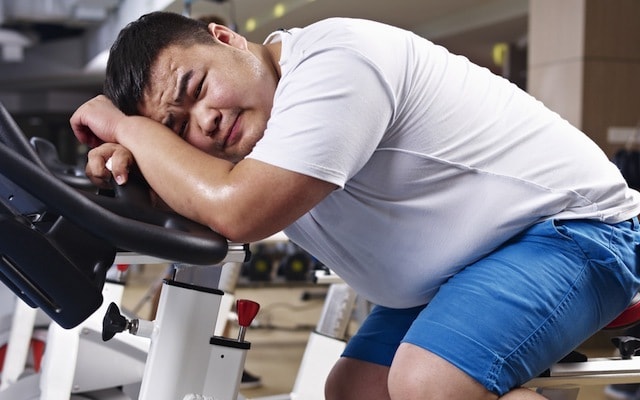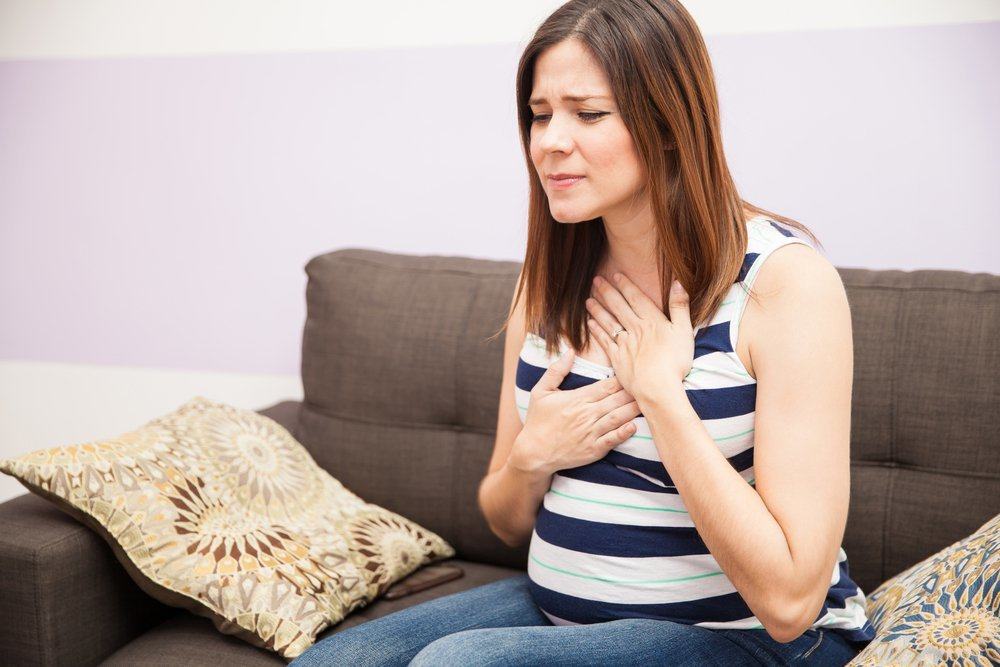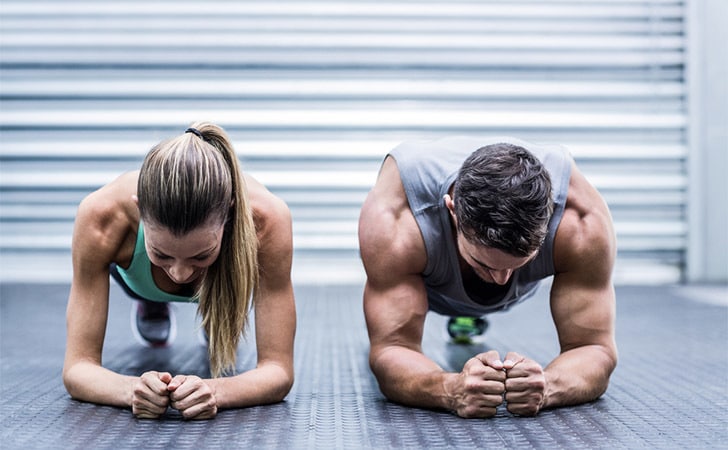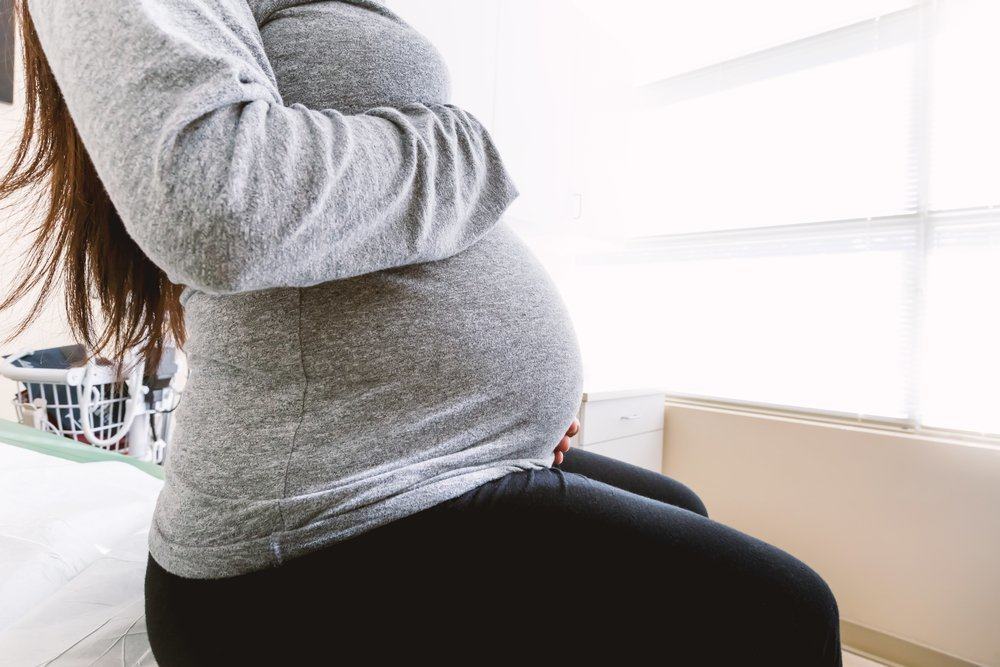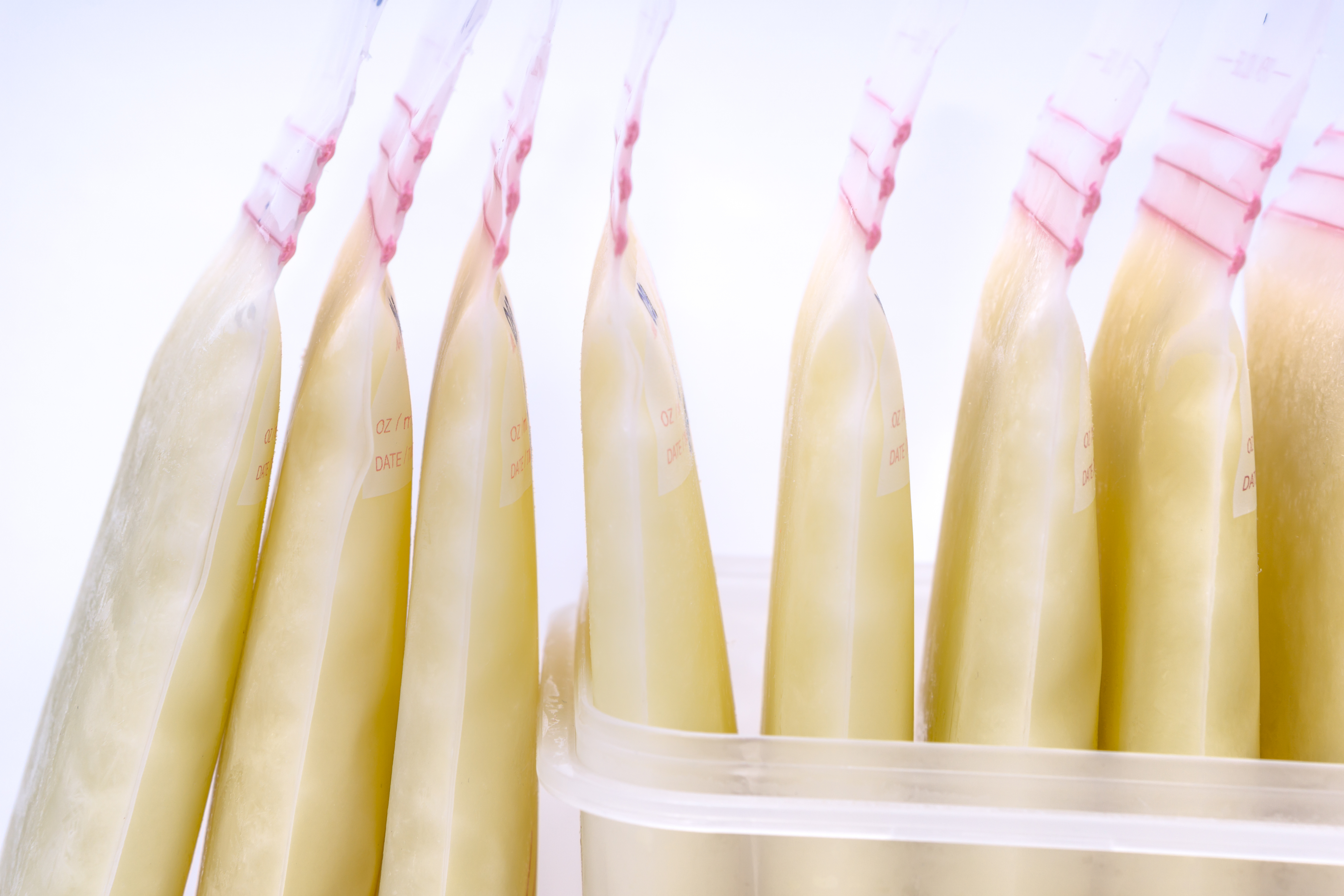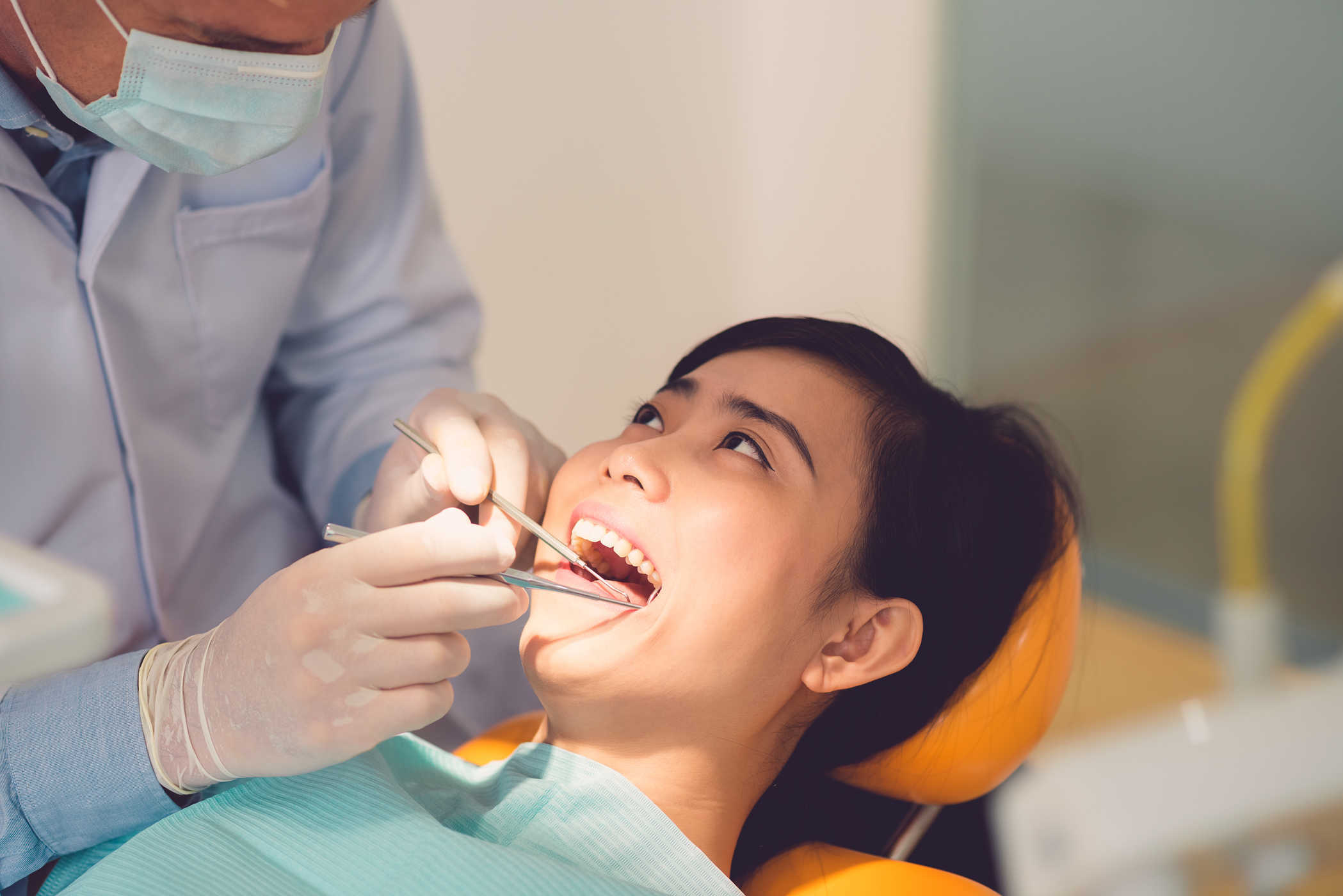Contents:
- Medical Video: Acne | Nucleus Health
- What causes blackheads?
- What are the symptoms of blackheads?
- How to deal with blackheads?
- Free medicine
- Prescription drugs
- Manual lifting
- Microdermabrasion
- Chemical peel
- Laser and light therapy
- How do you prevent blackheads?
- Wash your face regularly
- Use oil-free products
- Use exfoliate products
Medical Video: Acne | Nucleus Health
Blackheads, or also known as blackheads are spots that appear on the skin due to clogged hair follicles. These spots are called blackheads because the surface is black.
Blackheads are a type of mild acne that occurs on the face, but can also appear on the back, chest, neck, arms and shoulders. In America alone, blackheads occur in 40 to 50 million Americans and are the most common skin disorder in the United States, according to the American Academy of Dermatology (AAD).
What causes blackheads?
Blackheads form when hair follicles are blocked. Each follicle contains a strand of hair and oil glands, which keeps the skin soft. Dead skin cells and oil collected in the skin follicles will produce small protrusions called blackheads. If the blackheads are closed, these spots are called whitehead. If the blackheads are open, the air can cause blackheads to turn black, so it is called blackhead.
Several factors can increase the possibility of acne and comedy, such as:
- Excess oil production
- P.acnes bacteria accumulates on the skin
- Irritation of hair follicles if dead skin cells do not peel regularly
- Hormonal changes that increase oil production during puberty, menstruation, or consumption of birth control pills
- Take certain drugs, such as corticosteroids, lithium, and androgens
Some people believe what is consumed can affect acne. Products that contain milk and carbohydrates can increase blood sugar levels so that they can trigger acne, but researchers have not confirmed any link to this.
What are the symptoms of blackheads?
Blackheads are easily visible on the skin because of the darker color. Blackheads are slightly raised, but not swollen like zits. Acne occurs when there are bacteria that cause redness and inflammation.
How to deal with blackheads?
Free medicine
There are many over-the-counter acne medications at pharmacies without requiring a doctor's prescription. These drugs are available in the form of creams, gels and pads, and are used directly on the skin. Acne drugs contain salicylic acid, benzoyl peroxide and resorcinol, which work by killing bacteria, drying excess oil and making the skin remove dead skin cells.
Prescription drugs
If over-the-counter medicines cannot improve your blackheads or zits, your doctor can recommend that you use drugs with stronger recipes. Medications with vitamin A, such as tretinoin, tazarotene and adapalene can prevent blockages in the hair follicles and turn off dead skin cells. These drugs are also used directly on the skin. Doctors can also prescribe other types of topical drugs that contain benzoyl peroxide and antibiotics. This type of drug can help especially if you also have zits or pimples.
Manual lifting
Dermatologist or dermatologist will use a special tool that is an extractor with a circle to lift the clog. After the blockage is open, the doctor puts pressure on the extractor to remove the blockage.
Microdermabrasion
In the process of microdermabrasion, doctors use a special device with a rough surface to erode the outer layer of your skin. Scrape the skin can lift the blockage that causes blackheads.
Chemical peel
Chemical peel also aims to remove blockages and remove dead skin cells that contribute to blackheads. Special chemical liquids are applied to the skin. The outer layer of the skin will peel and appear smoother skin underneath. A mild exfoliator is available at the general counter, and stronger exfoliation is done by a dermatologist or professional.
Laser and light therapy
Laser or light therapy uses small, intense light to reduce oil production or kill bacteria. Laser or light reaches below the surface of the skin to deal with blackheads and zits without damaging the outer layer of the skin.
How do you prevent blackheads?
You can prevent blackheads without having to spend a lot of money by following these tips:
Wash your face regularly
Wash your face after you wake up and before you go to sleep to lift a pile of oil that can cause blackheads. Washing your face more than 2 times a day can irritate the skin and worsen the condition of acne. Use a gentle facial cleanser, some have antibacterial properties that can kill P.acnes bacteria. Wash every day, especially if your hair is oily. Oil from hair can clog pores. It is also important to clean your face after eating oily foods, such as pizza, because oil from food can also close the pores.
Use oil-free products
Oil-containing products can contribute to blackheads. Choose facial makeup, lotions, and sunscreens that do not contain oil to prevent worsening acne conditions.
Use exfoliate products
Exfoliating scrubs and masks can remove dead skin cells from the face thereby reducing blackheads. Choose a product that does not irritate the skin.
Hello Health Group does not provide medical advice, diagnosis or treatment.

